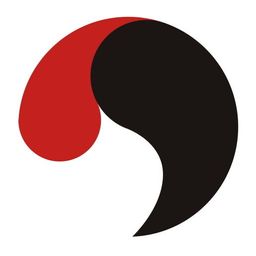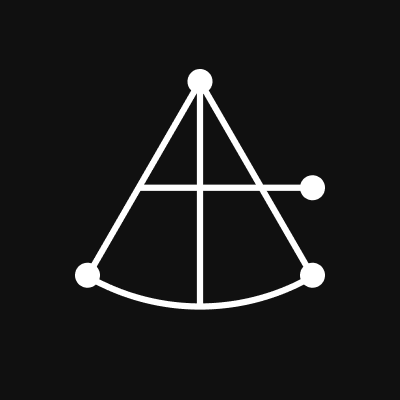
Introduction to DAOs: Our Path to Coordination Revolution
Key Takeaways
- DAOs are blockchain-based organizations that function through encoded rules in smart contracts. They emphasize decentralized governance, allowing all members to partake in decision-making processes.
- DAOs are not restricted to conventional restraints, like the need to work from an office building. The DAO structure enables rapid scaling and global coordination, providing a new path for remote workers to thrive.
- While offering transparency and democratization, DAOs face challenges like code vulnerabilities and decision-making hurdles.
- Real-world DAOs already making waves include MakerDAO, Nouns, and Links Golf Club.
Decentralized Autonomous Organizations (DAOs) are ushering in a revolutionary way of structuring organizations. Moving away from traditional hierarchies, DAOs are creating democratic, transparent systems powered by blockchain. This comprehensive guide will walk you through the fundamentals of DAOs, their operational dynamics, and real-world applications.

What is a DAO?
A DAO (Decentralized Autonomous Organization) is an organizational structure that operates based on rules encoded as smart contracts on a blockchain, instead of being directed by a hierarchal system. DAOs emphasize transparency, flexibility, speed, and collective decision-making by its members. Notably, they enable teams to build a company without any need for physical offices, thus greatly reducing the time it takes for a global, distributed team to scale.
DAOs have emerged as a compelling model for the future of resource (time, money, manpower, etc.) coordination, maintaining core principles that stand in direct opposition to archaic centralized governance structures. Below, we delve into three fundamental pillars that underpin the operational ethos of DAOs.
Decentralized Governance - A notable departure from conventional organizational structures, DAOs renounce a central governing body. Instead, they distribute decision-making powers among their members. This decentralization fosters a democratic ethos, allowing for broad-based participation in the governing processes. Unlike traditional structures where decisions are often dictated by a select few, in DAOs, every member has a voice, promoting a sense of collective ownership and accountability.
Blockchain Integration - At the heart of a DAO's operation is its integration with blockchain technology. By functioning on blockchain platforms, DAOs are able to offer an unparalleled level of transparency and security. The immutable, tamper-proof records inherent in blockchain technology ensure that every transaction and decision within the DAO is recorded verifiably and permanently. This not only fosters trust among members but also significantly enhances the security and integrity of the organization's operations.
Smart Contracts - The operational efficiency of DAOs is further augmented by the use of smart contracts. These are automated, self-executing contracts with the terms of agreement directly placed into lines of code. By managing most of a DAO’s operations, smart contracts minimize the need for human intervention, thereby reducing the possibility of biases and errors. The deterministic nature of smart contracts ensures that agreed-upon rules are executed to the letter, providing a reliable, automated framework for the organization's transactions and agreements.
Together, these three pillars form the bedrock of DAO operations, exemplifying a shift towards a more inclusive, transparent, and efficient mode of organizational governance and operation. Through decentralization, blockchain integration, and smart contracts, DAOs are not only redefining the way organizations are structured but also how they interact with and empower their members.
How Do DAOs Operate?
Through their structured operational mechanics, DAOs are paving the way for a new paradigm of organizational governance, blending technological innovation with democratic principles to foster a collaborative and transparent operational landscape. This is how they run.
Initiation & Configuration
The journey of a DAO begins with its initiation on blockchain platforms, which provide the necessary infrastructure for its operation. The founding members play a crucial role at this stage, as they lay down the organization's core rules and objectives. These guiding principles are then encapsulated into smart contracts, which serve as the immutable backbone of the DAO, ensuring that its operations align with the established framework.
Proposal & Deliberation
Proposals are where the dynamism of DAOs truly shines. Members are empowered to propose modifications, initiate new projects, or suggest operational changes, fostering a culture of continual improvement and innovation. The proposals are then disseminated among the community, triggering discussions, debates, and potential revisions. This deliberative process is integral in ensuring that decisions are well-thought-out and align with the collective interests of the DAO members.
An example:
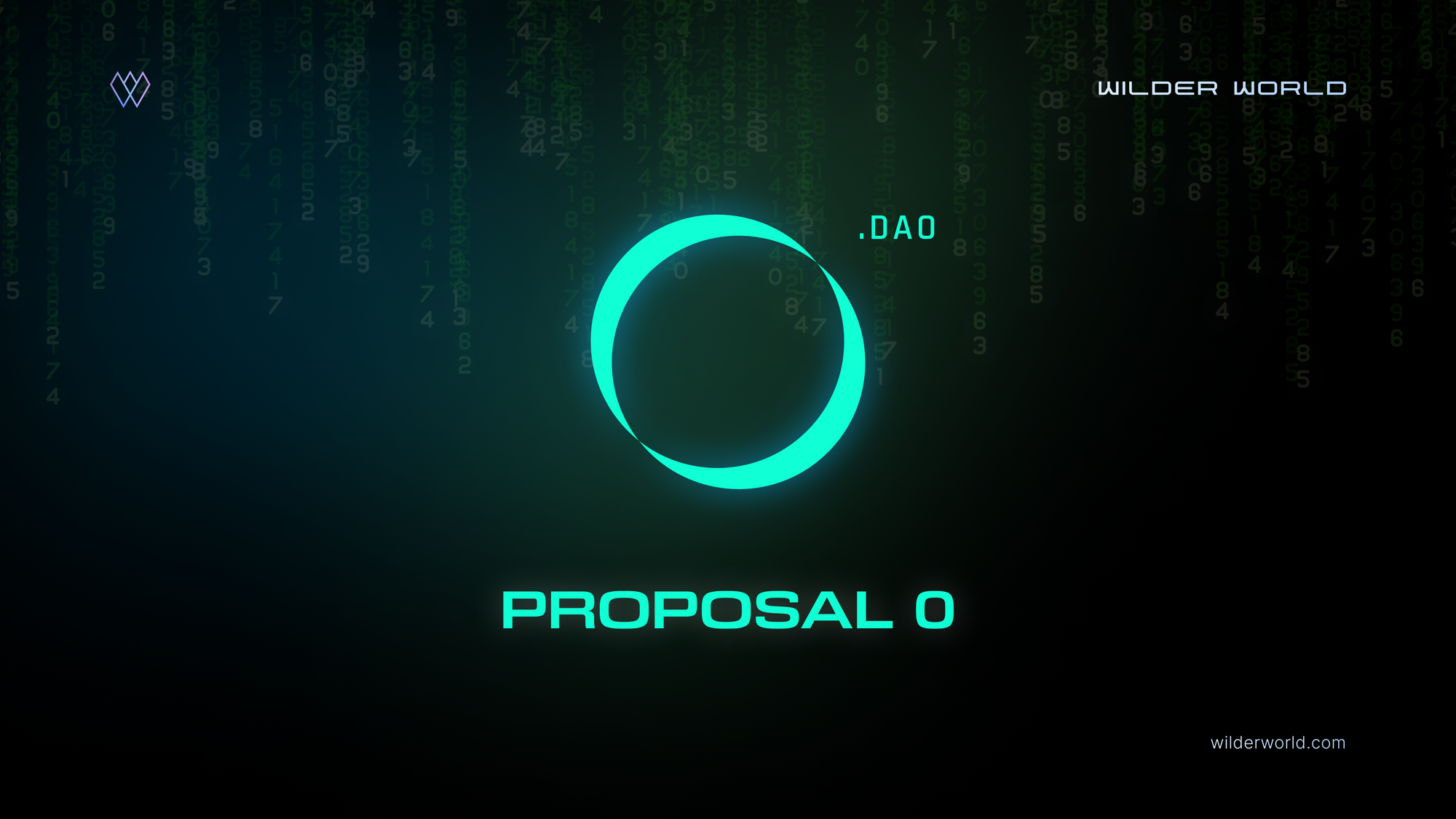
Voting Process
Every proposal is subjected to a democratic voting process, embodying the ethos of decentralized governance. The DAO members cast their votes, with voting power often tied to the amount of cryptocurrency or tokens they hold, their stake in the organization, or other preset criteria. This system ensures a fair representation of members' interests, thereby fostering a sense of ownership and accountability among the community.
Execution of Proposals
Post-voting, if a proposal garners the requisite approval—usually through a majority consensus or a predetermined threshold—it transitions to the execution phase. The DAO's smart contract autonomously springs into action, enacting the decisions as per the encoded protocols. This autonomous execution not only expedites the implementation process but also ensures adherence to the established guidelines, making the operations transparent and reliable.
In practice, proposal execution typically looks like this:
- Vote concludes
- Smart contracts execute automated aspects of the proposal (e.g. allocating funds for a marketing budget)
- Members of the DAO (or a hired third party) utilize allocated funds to carry out implementing the proposal
Funding & Revenue Streams
Financial sustainability is crucial for the longevity and success of DAOs. They often harbor a treasury or a common pool of funds, to which members contribute. This treasury acts as a financial reservoir for financing projects, ensuring smooth operations, and exploring growth opportunities. As projects grow and mature, the generated profits or benefits are channeled back to the community in accordance with the established protocols. This circular economy model not only ensures financial sustainability but also nurtures a thriving ecosystem that rewards collective effort and innovation.
DAOs in Action: Real-world Examples
DAOs are not a distant fantasy waiting to happen. They are already disrupting industries, coordinating billions of dollars, and changing members' lives for the better.
While DAOs still have a long way to go before they achieve global prominence, the early pioneers active today will be remembered for their trailblazing efforts and sacrifices. Let's check out some examples.
Links Golf Club

Links Golf Club is a shining beacon of DAO success. The club coordinates resources to provide value to its global network of members in the form of access to a growing list of 1,300+ courses, exclusive benefits with top golf brands, member events, and so much more. Remarkably, the DAO has come to purchase a golf course in Scotland.

MakerDAO

MakerDAO, one of the oldest and most successful DAOs, manages the Maker Protocol, a system for generating the Dai stablecoin and ecosystem of over 400 apps.
The total value locked (TVL) of MakerDAO reached $20 billion in December of 2021, and remains above $4 billion today in the deep recesses of the post-FTX bear market. Resilient, innovative, and driven by core Web3 values, MakerDAO is a titan in the industry that other DAOs can aspire to mimic.
Nouns
Known across Web3 for its iconic glasses, Nouns DAO was one of the first DAOs to use NFTs to fund its treasury. The premise is simple: owners of NFTs create proposals, and if approved, the DAO executes them. Typically, these proposals are intended to further the Nouns brand, but have also voted to contribute funds for other purposes, like donating over $100,000 to well-known on-chain sleuth ZachXBT, a beloved crypto figure who exposes lies, fraud, and corruption in the industry.
View the entire history of Nouns DAO:

The Prospects and Challenges Ahead
As intriguing as they are, DAOs present a blend of promising opportunities and formidable challenges that shape the discourse around their practicality and future adoption.
Opportunities
Transparency and Accountability
One of the cornerstone advantages of DAOs is the enhanced transparency and accountability they bring to organizational operations. Every action, transaction, and decision within a DAO is meticulously recorded on the blockchain, which is immutable and transparent by nature. This ensures that all stakeholders have a clear view of what's transpiring within the organization, thereby promoting a culture of accountability.
Democratized Control
Traditional organizational structures often suffer from a concentration of power, which can lead to a lack of inclusivity and potential misuse. DAOs, on the other hand, are designed to distribute power among members. This democratization of control facilitates a collective, democratic approach to decision-making, providing a refreshing counter to the centralized authority seen in conventional setups.
Efficiency and Automation
With the integration of smart contracts, DAOs have the potential to drastically enhance operational efficiency. Smart contracts can automate repetitive tasks and decisions, which not only expedites operations but also mitigates the biases that may come with human intervention.
Challenges
Code Imperfections
The reliance on smart contracts also brings challenges, primarily around code imperfections. If a smart contract is imperfectly coded, it becomes vulnerable to attacks or may lead to unintended consequences, which could potentially be detrimental to the organization.
Decision Gridlocks
While democratized control is a significant advantage, it can also lead to decision-making hurdles, especially in a diverse group. The process of reaching a consensus can sometimes become tedious, leading to decision gridlocks. This situation of decision paralysis can delay crucial organizational choices, impacting the agility and responsiveness of the DAO—a challenge ApeCoin DAO has faced.
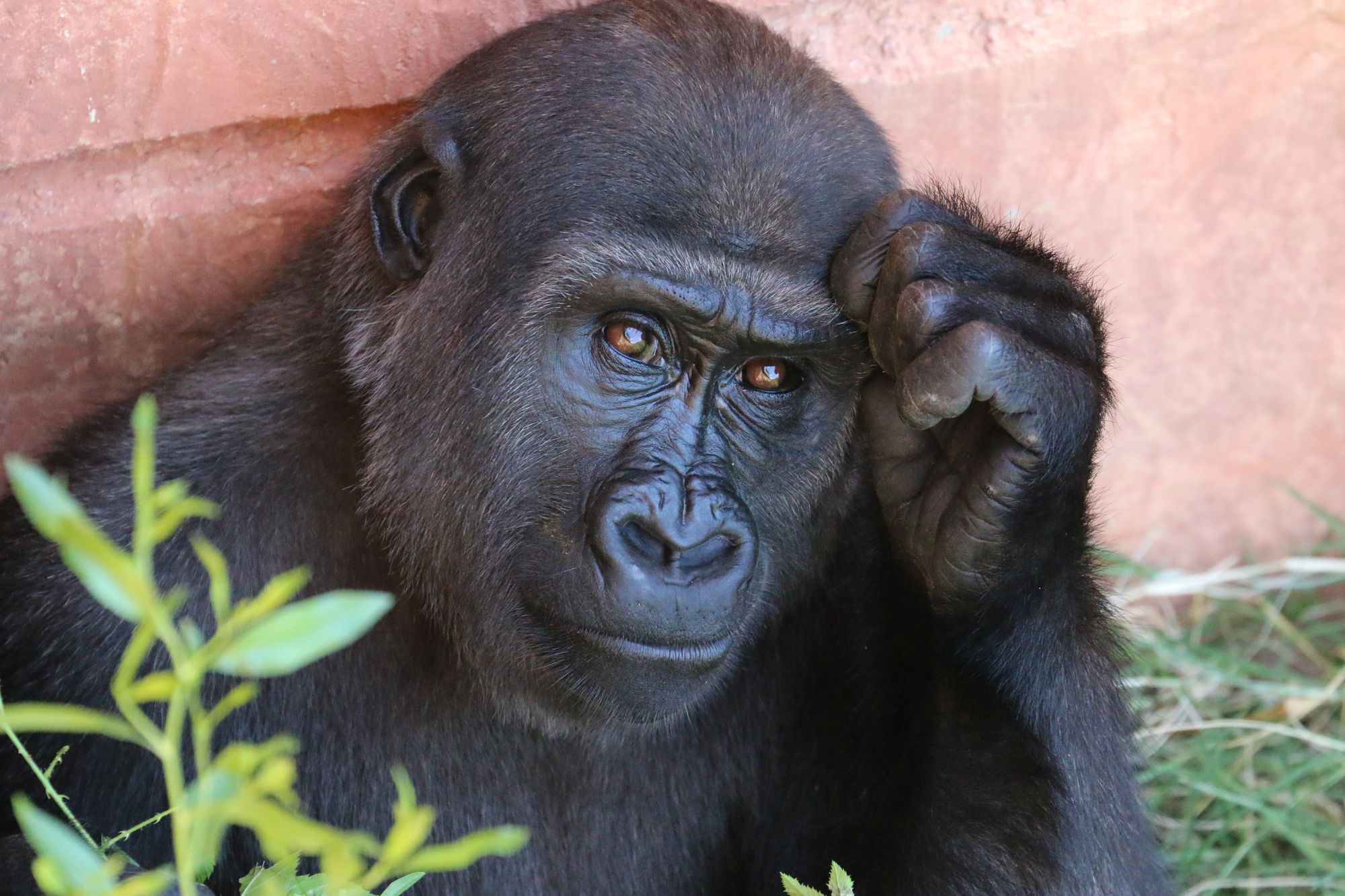
Regulatory Concerns
The innovative structure of DAOs often ventures into unchartered legal territories. This poses challenges in terms of legal recognition and rights across different jurisdictions. The evolving regulatory landscape around DAOs calls for a close watch and proactive engagement from organizations and policymakers to ensure that they operate within the legal frameworks while promoting innovation and inclusivity.
The narrative of DAOs is a compelling showcase of how blockchain technology can re-imagine organizational models. However, the road ahead demands a meticulous examination of both the opportunities that beckon and the challenges that warrant caution.
Navigating the Future with DAOs - Balancing Innovation and Complexity
DAOs stand at the vanguard of organizational innovation, presenting a democratic, transparent, and efficient alternative to traditional models. By embedding operations in blockchain and smart contracts, they offer a tantalizing glimpse into the future of decentralized governance.
Yet, as with any transformative concept, DAOs come with their unique set of challenges. Embracing DAOs involves not just understanding their potential but also navigating the complexities they introduce.
While it's still early, DAOs will likely begin to permeate every industry in the world, leveraging the organizational structure's benefits to outcompete traditional organizations in terms of innovation, coordination, and speed.
Join Triana
Enjoy the article? Make sure to subscribe to stay up to date on our latest stories. If this is your first Triana experience, head over to our About page to learn more about the content we publish every week. Follow us on Twitter and LinkedIn to become a part of our community and join in on the conversations!
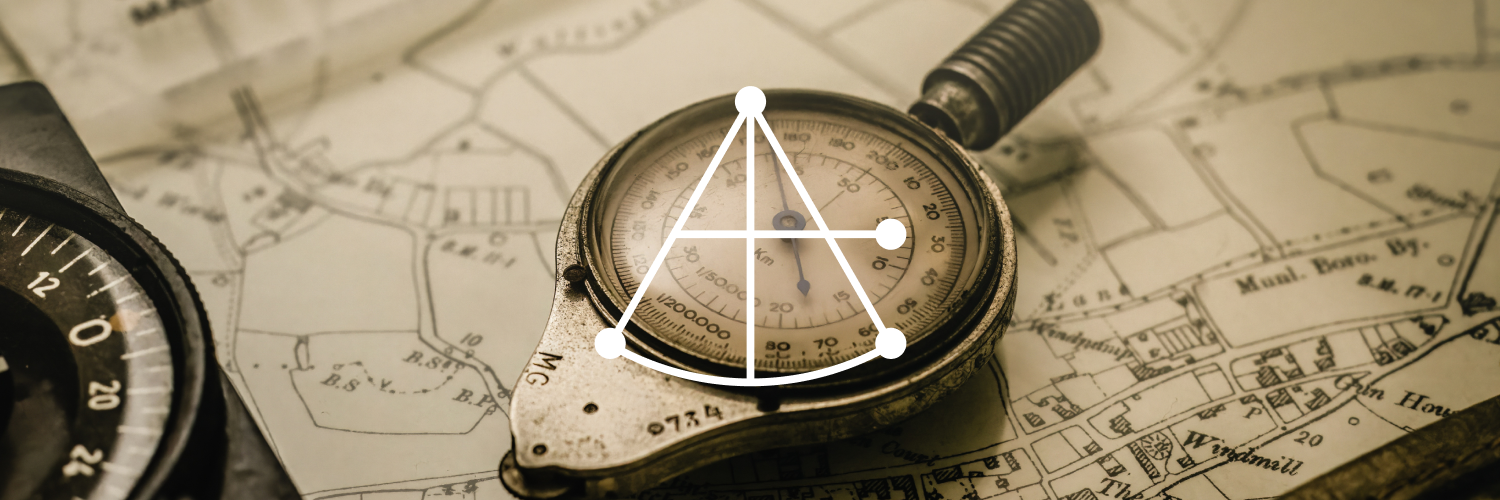
The views and opinions expressed here are for entertainment purposes only and should, in no way, be interpreted as financial or investment advice. Always conduct your own research when making an investment or trading decision, as each such move involves risk. The team members behind Triana are not financial advisors and do not claim to be qualified to convey information or advice that a registered financial advisor would convey to clients as guidance. Nothing contained in this e-mail/article constitutes, or shall be construed as, an offering of financial instruments, investment advice, or recommendations of an investment strategy. If you are seeking financial advice, find a professional who is right for you.








